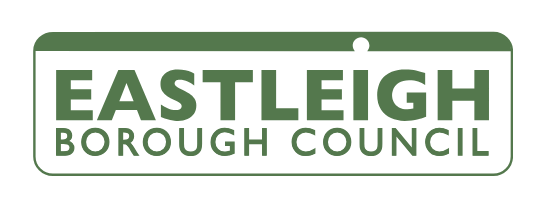Following the Government’s announcement of a roadmap to ease lockdown measures, an end to the most restrictive parts of the pandemic is finally in sight. Since the plan was announced, holiday bookings have surged, hospitality venues are cautiously preparing to re-open, and non-essential retailers are planning to open their doors once again.
With hoards of people itching to get back to everyday life, many business departments, such as Finance & Accounting are expecting their workload volumes to increase. Adjusting to a reopened economy after a year of disruption will inevitably cause teething problems for some teams, and it’s likely that as volumes increase, teams risk becoming overwhelmed.
With consultants frequently advising companies that the answer to pretty much everything is automation, many are waking up to the reality that that’s not always the best option to clear a backlog. So how should businesses look to get back on track during challenging times, in a way that provides minimum disruption and quick results?
Initial problems can easily turn into a crisis
Prior to the COVID-19 crisis, we had a call from a company experiencing extremely fast growth. In the company’s own words, it grew “too quickly”, without the necessary resources and infrastructure in place to process them. The Accounts Payable team had become overwhelmed with higher and higher volumes of supplier invoices and payments. Productivity reduced and the time-taken to process invoices increased, meaning suppliers became increasingly disgruntled and important controls over cashflow forecasting were lost. The company needed help and was frustrated with being told that automation was the simplest answer.
We’d imagine many companies have experienced something like this. Backlogs can build up for lots of reasons, not just through fast growth. Maybe you are integrating a newly acquired company with different processes and systems. Perhaps you are trying to implement a new ERP system alongside running the business, or maybe you have had to make staff cutbacks or redeploy employees as the effects of COVID-19 have hit. Or, quite simply, you may have invested in automation but were not given the support to reap the rewards promised.
The problems and errors can quickly turn into a crisis: suppliers issue stop notices on future supplies, the auditor challenges the accounting records, and cashflow gets dangerously out of control. It’s not a finance team problem any longer; it’s the highest priority issue in the business.
You need something quicker and more effective than starting an automation project! Not that we’re against automation – far from it – but it’s a case of right time, right place.
Fortunately, the company that called us came to the right place. We were able to rapidly deploy a team of expert, dependable professionals to help out on what was an initial short-term piece of work to clear a backlog of invoices. But such was the impact it made on the organisation, that the project turned into a longer-term engagement.
Preparing for the future
The economic outlook may be looking brighter than it did a few months ago, but organisations must remember that fast growth – and any period of change – can cause unforeseen problems. Finance & Accounting teams require expert support during challenging times, and that’s something automation cannot always provide.
With over 40 years of experience and having worked with over 500 different organisations across both the public and private sector, you can depend on Liberata to provide the resources to keep your business running efficiently.
If you like to learn more about how our on demand support can help you then contact us here.





